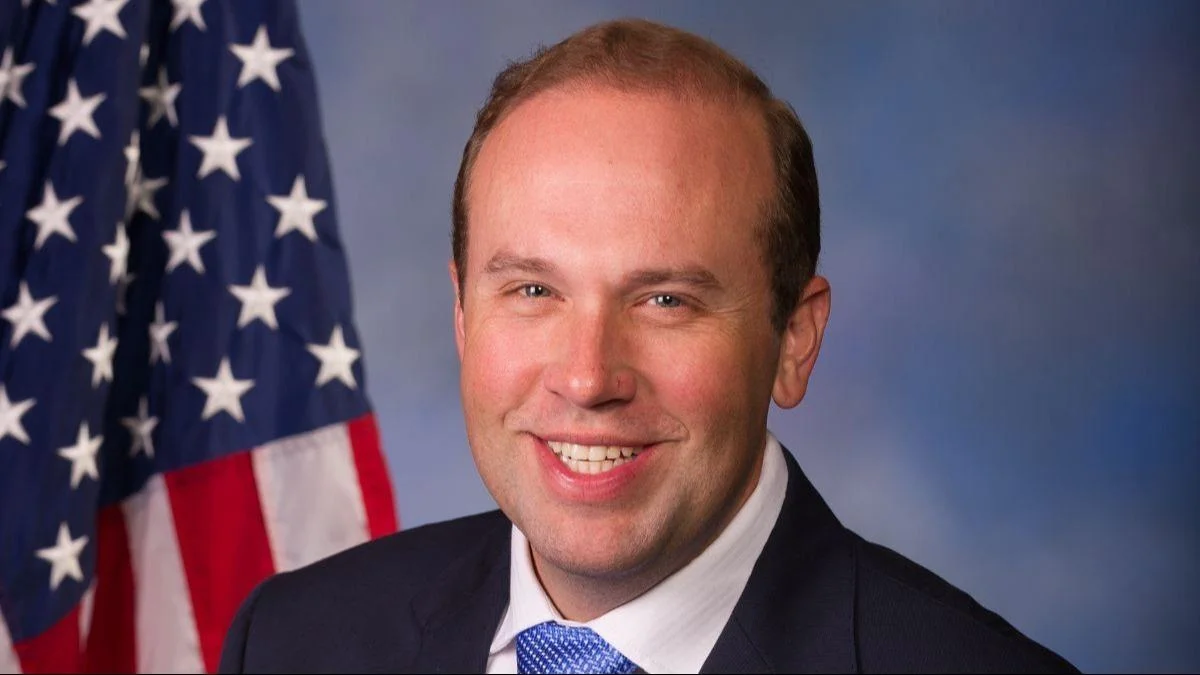Rep. Jason T. Smith, U.S. Representative for Missouri's 8th District | Congressman Jason Smith Official U.S. House headshot
Rep. Jason T. Smith, U.S. Representative for Missouri's 8th District | Congressman Jason Smith Official U.S. House headshot
In Washington, D.C., the impact of the 2017 tax reforms under President Trump on American manufacturing is being revisited. These reforms included measures like 100 percent bonus depreciation and increased small business expensing, which allowed manufacturers to expand their operations and invest in new equipment, vehicles, and facilities. This led to a surge in domestic investment and economic growth during Trump's presidency. A long-term increase of 7.4 percent in U.S. investment is anticipated as a direct outcome of these tax cuts.
Ways and Means Committee Chairman Jason Smith from Missouri highlighted the significance of extending these tax cuts to support American manufacturing: "President Trump’s tax and trade agenda made American manufacturers strong and prosperous again... His tax cuts were fuel for investments into all kinds of communities."
The possibility of allowing these tax cuts to expire raises concerns about increased dependency on China, as manufacturers may face higher taxes or cancel planned expansions that create jobs.
The American Manufacturing Tax Team, led by Rep. Vern Buchanan from Florida, has engaged with manufacturers nationwide to discuss the necessity of renewing these tax policies. In over 120 listening sessions across 20 states, small businesses have emphasized the importance of restoring full expensing and interest deductibility.
During hearings held across various locations such as Peachtree City, GA; Washington D.C.; Erie, PA; Salt Lake City, UT; and Iowa State Fairgrounds, business owners shared their experiences with pro-manufacturing tax policies:
- David Bergman from Georgia stated: "Knowing that we can at least expense 100 percent of these dollars gives me some mitigation of the risk against my taxes."
- Austin Ramirez from Wisconsin noted: "Accelerated depreciation...gives me more liquidity..."
- Tom Treadway from Pennsylvania expressed concern about phasing out full expensing.
- Kelvyn Cullimore from Utah urged Congress for a pro-innovation tax structure.
- Steve Sukup from Iowa mentioned adding skilled workers due to accelerated depreciation.
Proponents argue that making full expensing permanent could boost U.S. competitiveness by encouraging more investment in manufacturing and energy production industries while creating jobs and increasing wages.
###


 Alerts Sign-up
Alerts Sign-up